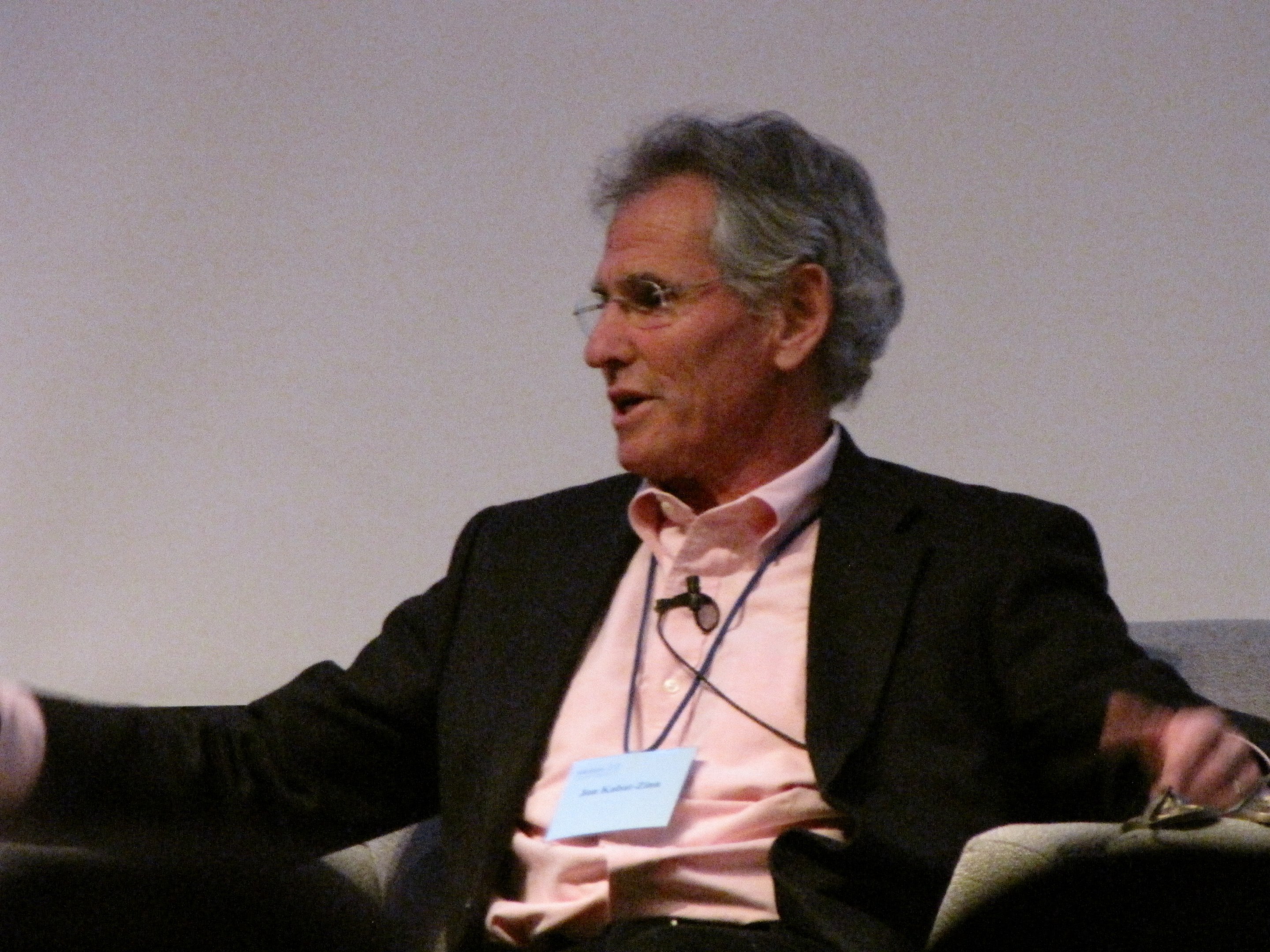|
Mindfulness-based Stress Reduction
Mindfulness-based stress reduction (MBSR) is an eight-week evidence-based program that offers secular, intensive mindfulness training to assist people with stress, anxiety, depression and pain. Developed at the University of Massachusetts Medical Center in the 1970s by Professor Jon Kabat-Zinn, MBSR uses a combination of mindfulness meditation, body awareness, yoga and exploration of patterns of behaviour, thinking, feeling and action. Mindfulness can be understood as the non-judgmental acceptance and investigation of present experience, including body sensations, internal mental states, thoughts, emotions, impulses and memories, in order to reduce suffering or distress and to increase well-being. Mindfulness meditation is a method by which attention skills are cultivated, emotional regulation is developed, and rumination and worry are significantly reduced. During the past decades, mindfulness meditation has been the subject of more controlled clinical research, which suggests it ... [...More Info...] [...Related Items...] OR: [Wikipedia] [Google] [Baidu] |
Mindfulness
Mindfulness is the practice of purposely bringing one's attention to the present-moment experience without evaluation, a skill one develops through meditation or other training. Mindfulness derives from ''sati'', a significant element of Hindu and Buddhist traditions, and is based on Zen, ''Vipassanā'', and Tibetan meditation techniques. Though definitions and techniques of mindfulness are wide-ranging, Buddhist traditions explain what constitutes mindfulness such as how past, present and future moments arise and cease as momentary sense impressions and mental phenomena. Individuals who have contributed to the popularity of mindfulness in the modern Western context include Thích Nhất Hạnh, Herbert Benson, Jon Kabat-Zinn, Richard J. Davidson, and Sam Harris. Clinical psychology and psychiatry since the 1970s have developed a number of therapeutic applications based on mindfulness for helping people experiencing a variety of psychological conditions. Mindfulness practice ... [...More Info...] [...Related Items...] OR: [Wikipedia] [Google] [Baidu] |
